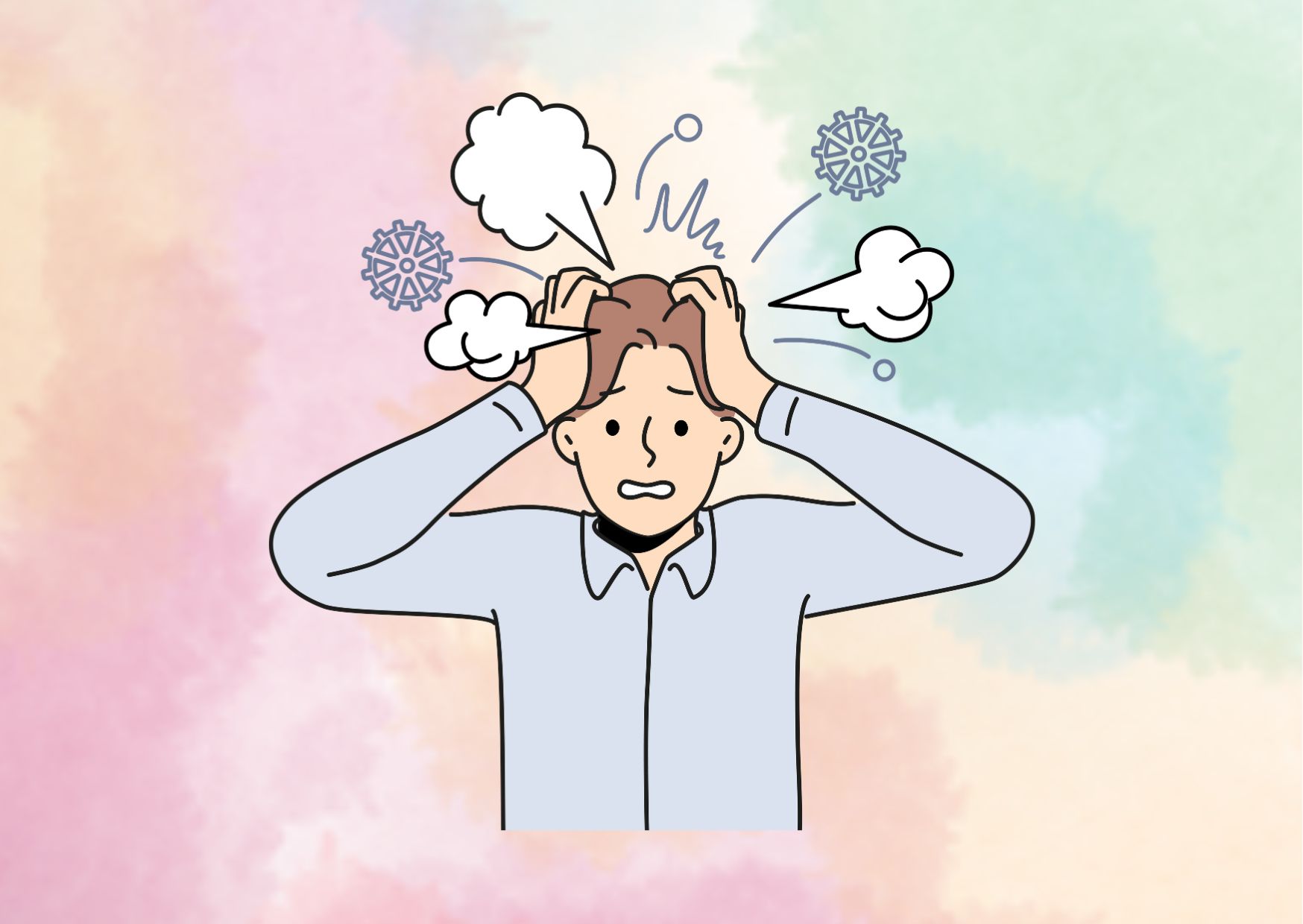Having Trouble Focusing: Understanding the Problem and Seeking Solutions
Introduction
Many people find themselves struggling with focus and concentration. Having trouble focusing can be caused by various factors, including stress, fatigue, lack of motivation, or underlying health issues. Whether it’s at work, school, or in everyday life, having trouble focusing can be frustrating and impact productivity. In this comprehensive guide, we will explore the reasons behind difficulty concentrating, common causes, and effective strategies to improve focus. If you find yourself constantly distracted or unable to stay on task, this article is for you.
Understanding Why You are having Trouble Focusing
Concentration: A Collective Struggle
Difficulty concentrating is a widespread issue that affects individuals across various age groups and backgrounds. Many factors can contribute to this problem, including lifestyle choices, underlying medical conditions, and psychological factors. While occasional lapses in focus are normal, chronic concentration problems can significantly impact daily life and hinder personal and professional growth.
Eventual Lack of Focus vs. Chronic Concentration Problems
It’s important to distinguish between occasional lack of focus and chronic concentration problems. Temporary distractions or difficulty concentrating on a specific task may be caused by external factors such as noise, interruptions, or stress. On the other hand, chronic concentration problems are persistent and can interfere with multiple aspects of life.
Identifying the Causes
Lifestyle Factors and Lack of Concentration
Several lifestyle factors can contribute to having trouble focusing. These include:
- Sleep Hygiene: Inadequate sleep or poor sleep quality can impair cognitive function and lead to decreased focus and attention span. Establishing healthy sleep habits and prioritizing restful sleep is essential for improving concentration.
- Nutrition: A balanced diet is crucial for optimal brain function. Skipping meals, consuming excessive caffeine or sugar, and inadequate hydration can all affect focus and concentration negatively.
- Stress and Overstimulation: High levels of stress, constant multitasking, and exposure to excessive stimuli can overload the brain, making it difficult to concentrate on a single task.
Psychological Factors and Lack of Concentration
Psychological factors can also play a significant role in difficulty concentrating. Some common psychological causes include:
